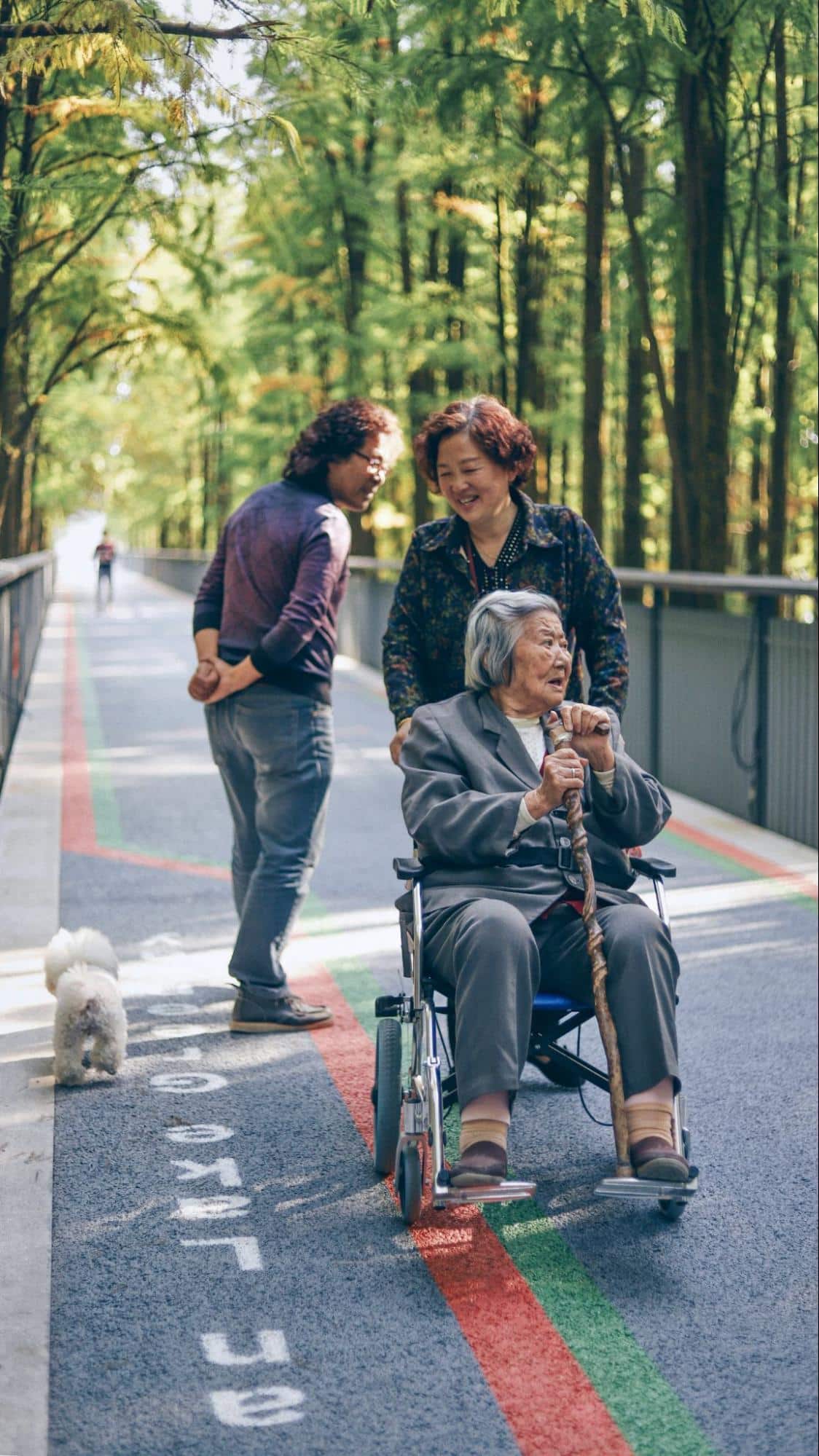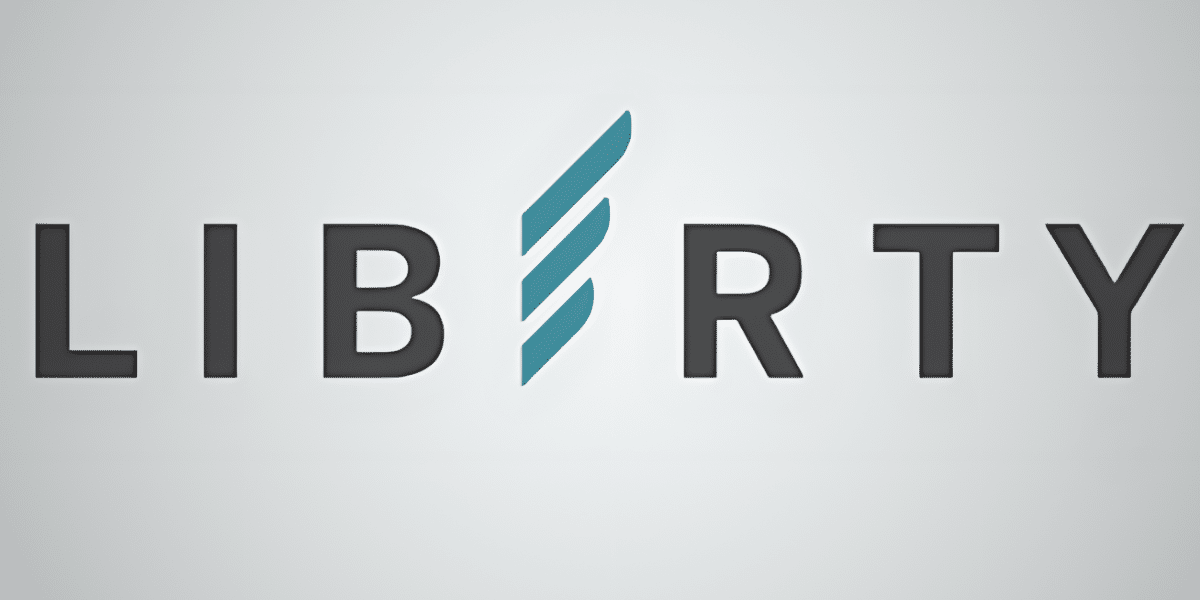In the realm of senior care, the role of family engagement is essential. Beyond being simply a support system, the active involvement of family members plays a pivotal role in enhancing the overall well-being and quality of life for seniors. It creates a sense of belonging, security, and familiarity that is invaluable in their later years.
The benefits of family engagement extend far beyond mere companionship and extend to emotional support, help in the decision-making processes, and ensure that the individual needs and preferences of seniors are acknowledged and addressed. Despite the significance of family engagement, fostering meaningful engagement between families and senior care facilities comes with its own set of challenges. From communication barriers to conflicting schedules and expectations, navigating this dynamic landscape requires understanding, flexibility, and effective collaboration from all parties involved. Joseph J. Jedlowski, the Chairman and CEO of Distinctive Living, unpacks these challenges and explores strategies to enhance family engagement in senior care.
Understanding the Role of Family Engagement
Family engagement in senior care signifies the active participation of family members in various aspects of the care and support provided to seniors. This involvement ranges from decision-making regarding healthcare and daily activities to emotional support and companionship.
“Research indicates that such engagement significantly contributes to the overall well-being and quality of life of seniors,” says Joseph J. Jedlowski of New Jersey. “It fosters a sense of belonging, security, and emotional fulfillment, which are crucial for their mental and physical health in later stages of life.”
Family involvement in senior care benefits the seniors themselves while providing emotional and psychological support to their family members. It helps alleviate feelings of guilt, stress, and uncertainty often associated with caregiving responsibilities. Family members gain a sense of fulfillment and reassurance knowing that their loved ones are receiving personalized care and attention. Active engagement in senior care enhances the lives of seniors and strengthens the bonds and well-being of their families.
Strategies for Effective Communication
Clear and open communication between families and senior care providers is paramount for ensuring the well-being and satisfaction of seniors under their care. It establishes trust, fosters collaboration, and allows for the exchange of vital information regarding the seniors’ needs, preferences, and any changes in their condition.
Notes Joseph J. Jedlowski, “One effective strategy for improving communication is to establish regular updates, whether through phone calls, emails, or in-person meetings. This keeps family members informed about the seniors’ progress, any challenges encountered, and upcoming plans for care adjustments.”
Scheduling family meetings with senior care staff provides an opportunity for in-depth discussions, addressing concerns, and collectively planning the best course of action for the seniors’ care. Utilizing technology can also enhance communication channels, such as using secure messaging platforms or video calls to facilitate real-time updates and virtual visits, especially for families who may be geographically distant.
Common communication barriers, such as language differences, conflicting schedules, or differing expectations, can impede effective communication. These barriers can be overcome through cultural sensitivity, flexibility in communication methods, and proactive efforts to address misunderstandings promptly. By implementing these strategies, families and senior care providers can establish robust communication channels that promote collaboration and ensure the holistic well-being of seniors.

Creating Collaborative Care Plans
Collaborative care planning, which involves both families and care providers, is crucial for ensuring that seniors receive personalized and comprehensive care that aligns with their preferences and needs. It recognizes the expertise and insights of both parties, fostering a partnership that enhances the overall quality of care.
Involving families in decision-making processes regarding senior care empowers them while ensuring that the care provided is holistic and responsive to the seniors’ circumstances. Families can offer valuable insights into the seniors’ preferences, routines, and unique requirements, enabling care providers to tailor their services accordingly.
To develop effective care plans, it’s essential to establish clear communication channels and mutual respect between families and care providers. This facilitates collaborative decision-making and encourages an open exchange of ideas and feedback.
Tools such as care planning templates, assessment forms, and family input surveys can aid in structuring and documenting personalized care plans. These tools help capture important information about the seniors’ medical history, daily routines, preferences for activities, dietary needs, and any specific assistance they may require.
By embracing collaborative care planning and leveraging appropriate tools, families and care providers can work together harmoniously to ensure that seniors receive the highest quality of care that promotes their well-being and enhances their overall quality of life.
Empowering Families with Education and Support
Providing families with education and resources is vital for equipping them with the knowledge and skills necessary to navigate the complexities of senior care effectively.
“Understanding the unique challenges and dynamics of caring for seniors enables families to make informed decisions and provide the best possible support to their loved ones,” says Jedlowski.
Support groups, workshops, and educational materials play a pivotal role in empowering families to become effective caregivers. These platforms offer opportunities for learning, sharing experiences, and gaining insights from experts and peers alike. They provide a sense of community and solidarity, helping families cope with the emotional and practical challenges of caregiving.
Accessing community resources and support networks further enhances the caregiving experience for families. These resources may include local agencies, non-profit organizations, and online platforms that offer a wide range of services, such as respite care, counseling, financial assistance, and practical caregiving tips.
By tapping into these networks, families can find guidance, encouragement, and practical assistance tailored to their specific needs and circumstances. Ultimately, empowering families with education and support not only enhances their ability to provide quality care but also promotes their well-being and resilience in the caregiving journey.
Published by: Holy Minoza










